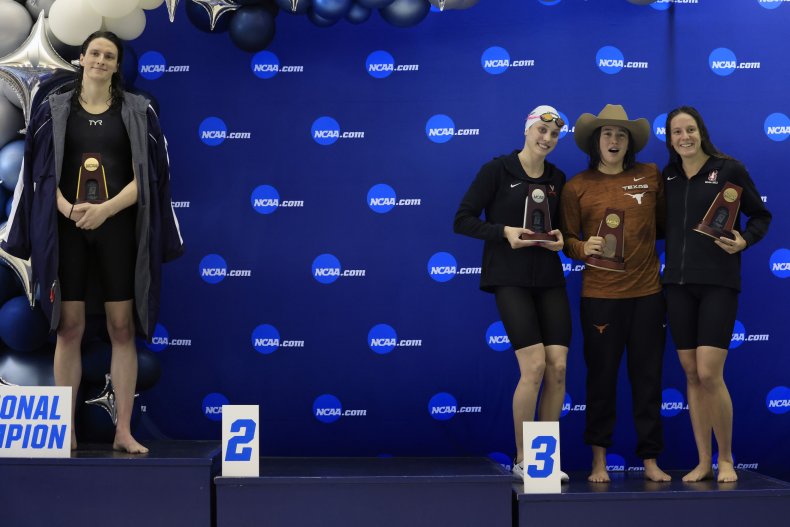What is a "woman"? That question, the title of a now well-known documentary, has stumped Supreme Court justices and prime ministers alike. The reason for the confusion stems, perhaps, from society's conflation of the terms "sex" and "gender."
Sex is a biological trait. Like other mammals, humans fall into one of two sex categories—male and female—that are built for distinct reproductive roles. Each cell in a human being's body is clearly and irreversibly either male or female from the moment of conception.
A minute percentage of the population are born with sex-related chromosomal anomalies or reproductive organs or genitals that present or develop atypically. But these differences of sex development do not contradict the sex binary. They are the exception that prove the rule. To put it another way, writer Andrew Sullivan has noted that some people may be born with only one arm, but that doesn't change the scientific fact that human beings are two-armed mammals.

Although many people today use the word "gender" when referring to biological sex, the terms have distinct origins and meanings. "Gender" is a sociological term used by 1970s feminists to distinguish biology from cultural expectations about men and women. The statement "only females can birth children" is a biological fact. By contrast, the statement "women are the primary caregivers of children" is a cultural norm based on a "gender stereotype."
A person can challenge "gender stereotypes" and alter the way that he or she expresses "gender" by adopting behaviors, mannerisms, or styles that society regards as either masculine or feminine. But a person can never change his or her biological sex, even with surgery or hormone therapy.
The distinction is important, not only for scientific accuracy but also because when it comes to medical care, safety, privacy, and athletics, biological sex differences matter. Ignoring this reality has serious consequences—consequences for which females often pay a heavy price.
Recently, White House Press Secretary Karin Jean Pierre attempted to deflect a question concerning women's safety, suggesting that it implied that trans-identifying people are inherently dangerous. This was a willful misrepresentation of concerns about the risk women face.
Pretending that sex differences aren't real means eliminating single-sex spaces for women, giving males access to places, such as prisons, locker rooms, and living spaces, where women may be vulnerable. The males seeking transfers to women's prisons may or may not actually identify as women; but many are capable of physically over powering, abusing, and raping the female inmates.
Male-bodied individuals entering locker rooms who expose themselves to women and watch as women and young girls undress in front of them may or may not actually identify as women. But this does not change the fact that many women do not consent to this exposure.
Male-bodied athletes competing in women's sports may sincerely identify as women, but that doesn't make them so. And it doesn't change the fact that they are displacing biological females in their own sports and, in some cases, subjecting them to unwanted male nudity.
There are only two sexes. And, over the course of human history, only one sex—the male sex—has subjugated the other. Society has spent a century establishing laws and policies to prevent female oppression and to ensure that women have equal opportunity in all areas of life.
We need to protect women by passing the Women's Bill of Rights, which recognizes common sex-based terms and ensures that when the word "woman" is used, it is recognized as referring to biological women.
As a society, we can be kind and strive to accommodate people who identify as transgender, but inclusivity cannot come at the expense of women's safety, security and equal opportunity.
Carrie Lukas is the president at Independent Women's Forum.
The views expressed in this article are the writer's own.








